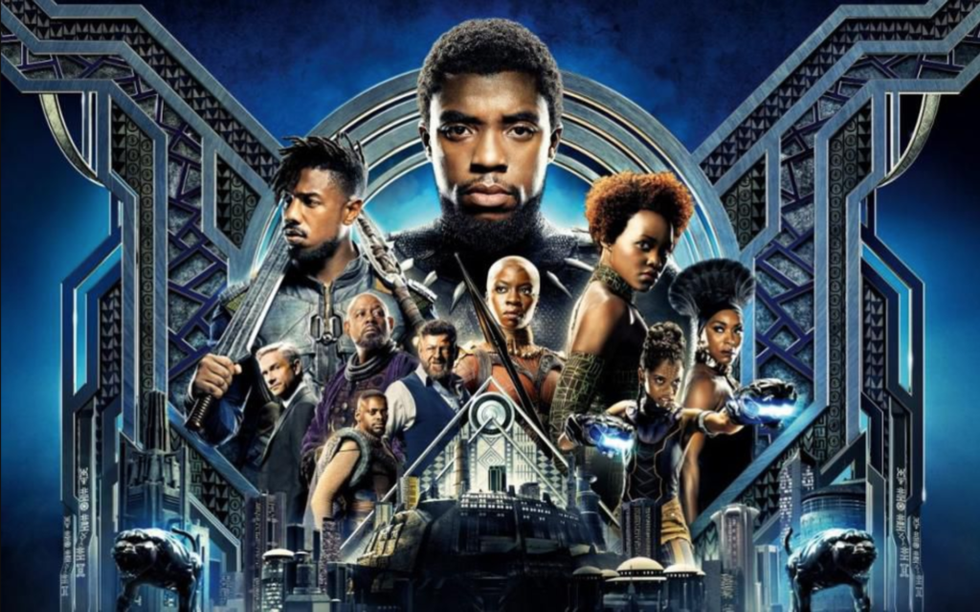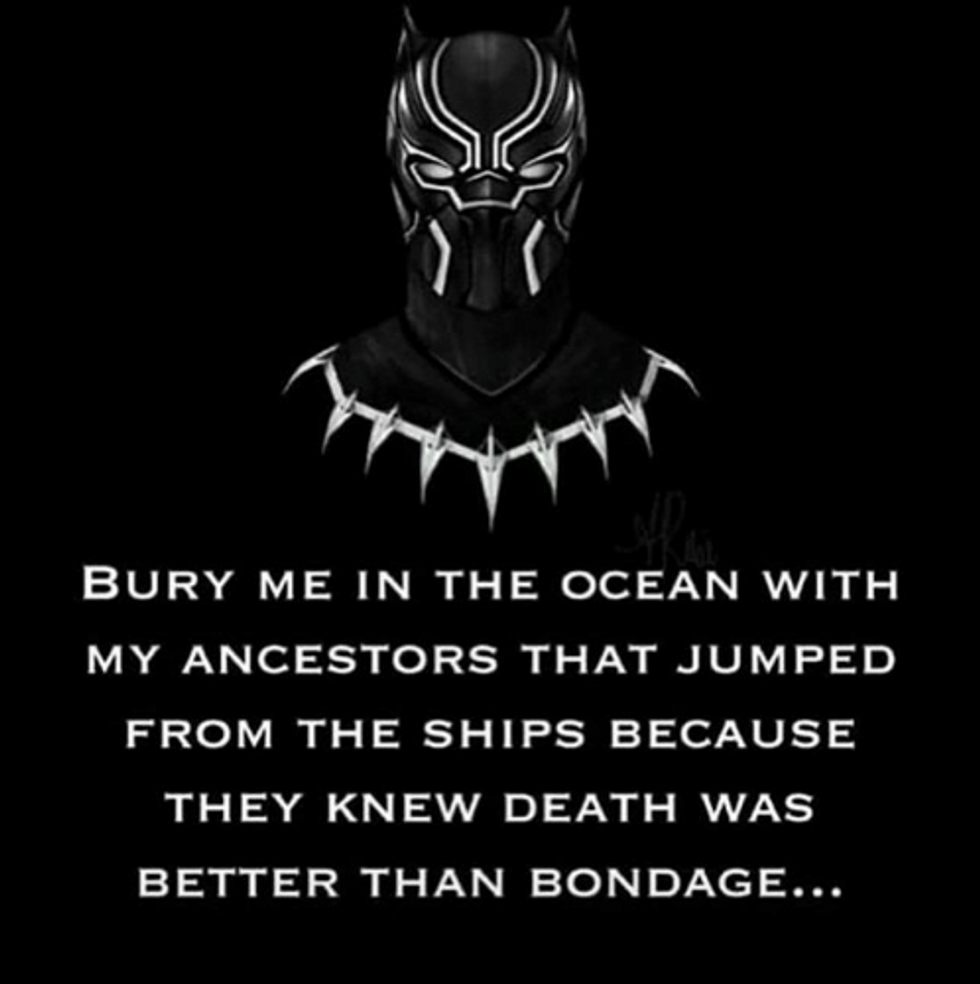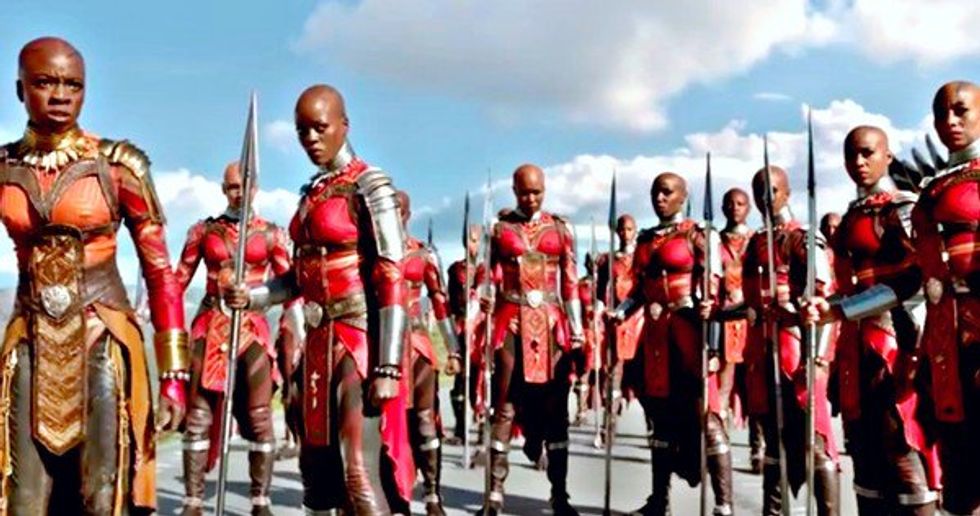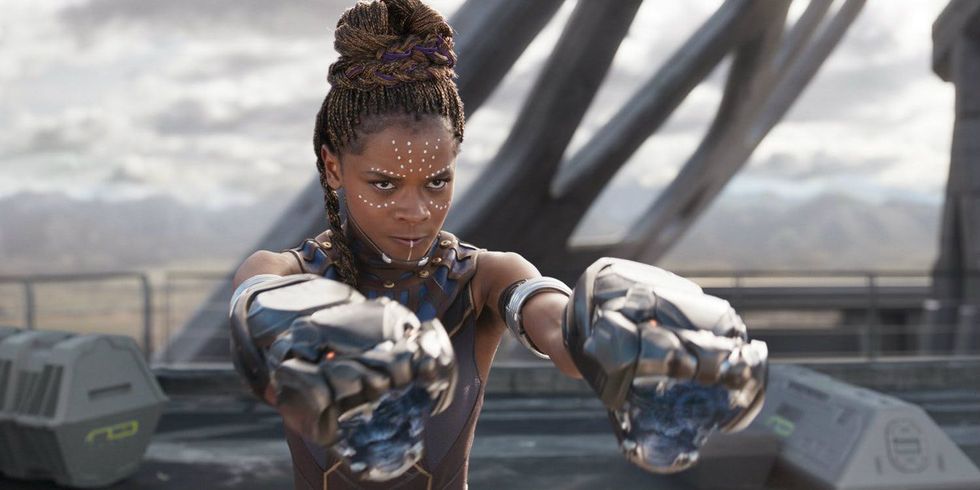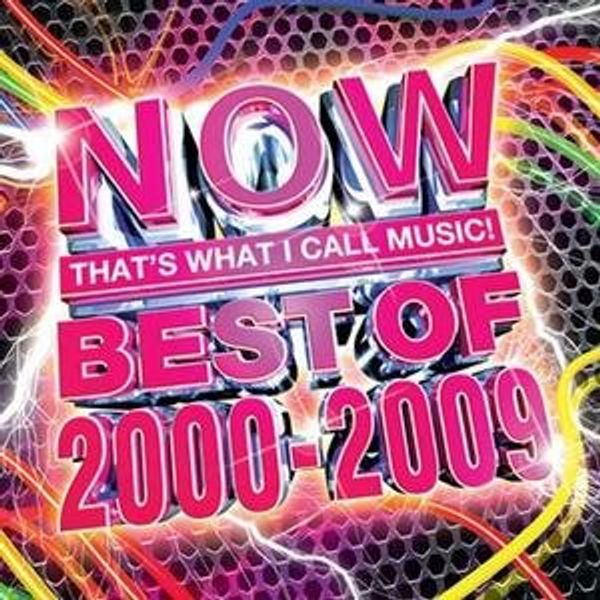Since Black Panther was released on Feb. 16, it has exceeded all box office expectations, brought up a lot of debate over different aspects of it, and united black people to come out on droves to the theaters.
I saw the movie and I will say without a doubt it was incredible. As a Marvel fan-girl, it reached all of my expectations as a superhero movie, but it also did so much more than that. Not only did it tell the story of a hero, it was a study of a lot of social issues, within the black community and otherwise, that society doesn’t address often enough, and it broke a lot of barriers.
SPOILER ALERT: If you haven’t seen the movie and don’t like spoilers, don’t read. If you don’t like spoilers and you read anyway, don’t get mad at me.
The diverse cast.
Chadwick Boseman, Michael B. Jordan, Lupita Nyong’o, Daniel Kaluuya, Angela Bassett. This movie included almost every prominent black actor of the last 5 years. Even then, they’re extremely diverse, for example Lupita Nyong’o is Kenyan, Letitia Wright is Guyanese. Although the movie contains a mainly black cast, even Martin Freeman and Andy Serkis held it down for the white people. It proves that yes Hollywood is capable of making a movie with a cast that is not mainly white and they should make of it.
Not shying away from racism.
This movie did not hold back when it came to addressing the issue of race. Not to give too much away, Wakanda, although a rich nation, is thought of by the outside world as a third-world country and when T’Challa and his friends leave the country they find out very quickly that they are not taken seriously by Americans because they are black.
Addressing colonialism.
On top of not being shy about racism, they very boldly address colonialism. There are a few instances where white characters are addressed as “colonist.” One of the many driving forces in the movie is the idea of taking back what the white colonists stole from black people hundreds of years ago. And of course there is the powerful line from Killmonger that has been floating around the internet, “Bury me in the ocean with my ancestors that jumped from the ships because they knew death was better than bondage.”
Feminism.
Black issues aside, the movie give a lot of empowerment to women. Usually in superhero movies, the woman are there as just love interests or the pretty sidekick. Not here. The kingsguard is made up entirely of strong women who are even better fighters than the men. It also combats standards of beauty. Women are expected to have long flowing hair and be thin and delicate to be beautiful. Black women especially are expected to live up to standards in society when it comes to their hair. The female warriors in the movie are strong, muscular women with completely shaven heads and they are strikingly gorgeous. Other black women have natural hair in a variety of different styles.
The educated black person.
Often times in movies and TV, the black person is portrayed as just the sidekick, or the token black character, who goes along with the white protagonist who is often smarter and more inventive. For one thing, Wakanda is the most technologically advanced nation in the entire world and Martin Freeman’s character is shocked by what he sees when he arrives in Wakanda. Not to mention, the engineer behind Black Panther’s suit and gadgets is his younger sister!
The privileged vs. underprivileged black person.
One of the biggest conflicts in the movie is do the people of Wakanda remain an isolationist nation or do they reveal themselves and share what they have with the world in order to liberate oppressed black people. It reflects a very real issue where the people of Wakanda are rich and don’t have to want for anything whereas Killmonger comes from the poor projects where black people are disenfranchised. To what lengths should the privileged go to in order to liberate their brothers and sisters?
The amount of social commentary this movie provides is incredible and hopefully it will begin much needed conversation on these topics and so many more.


